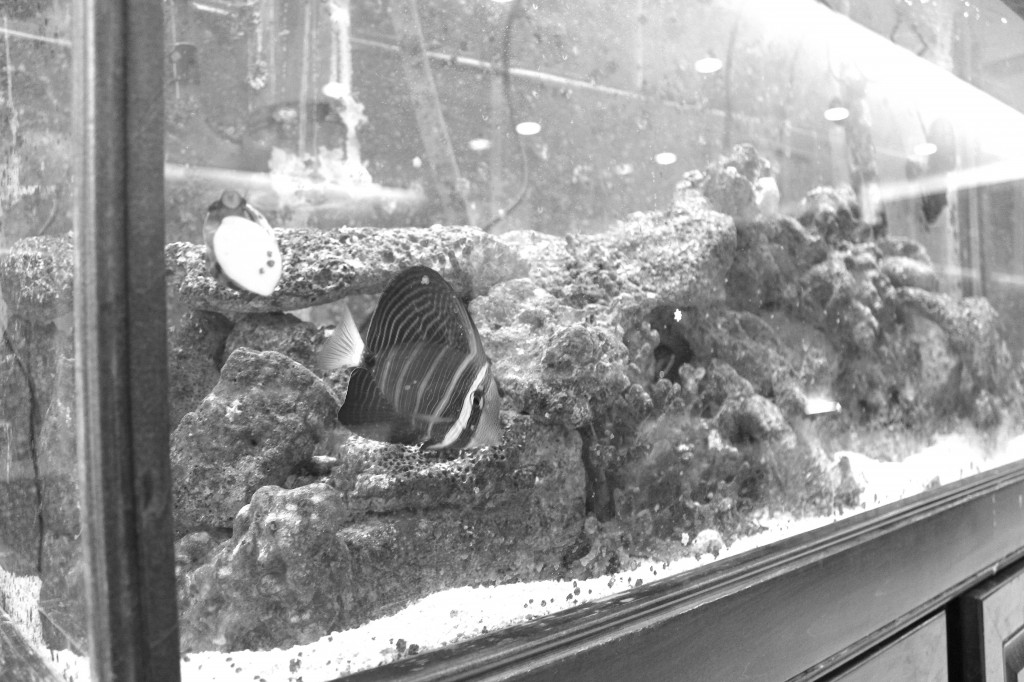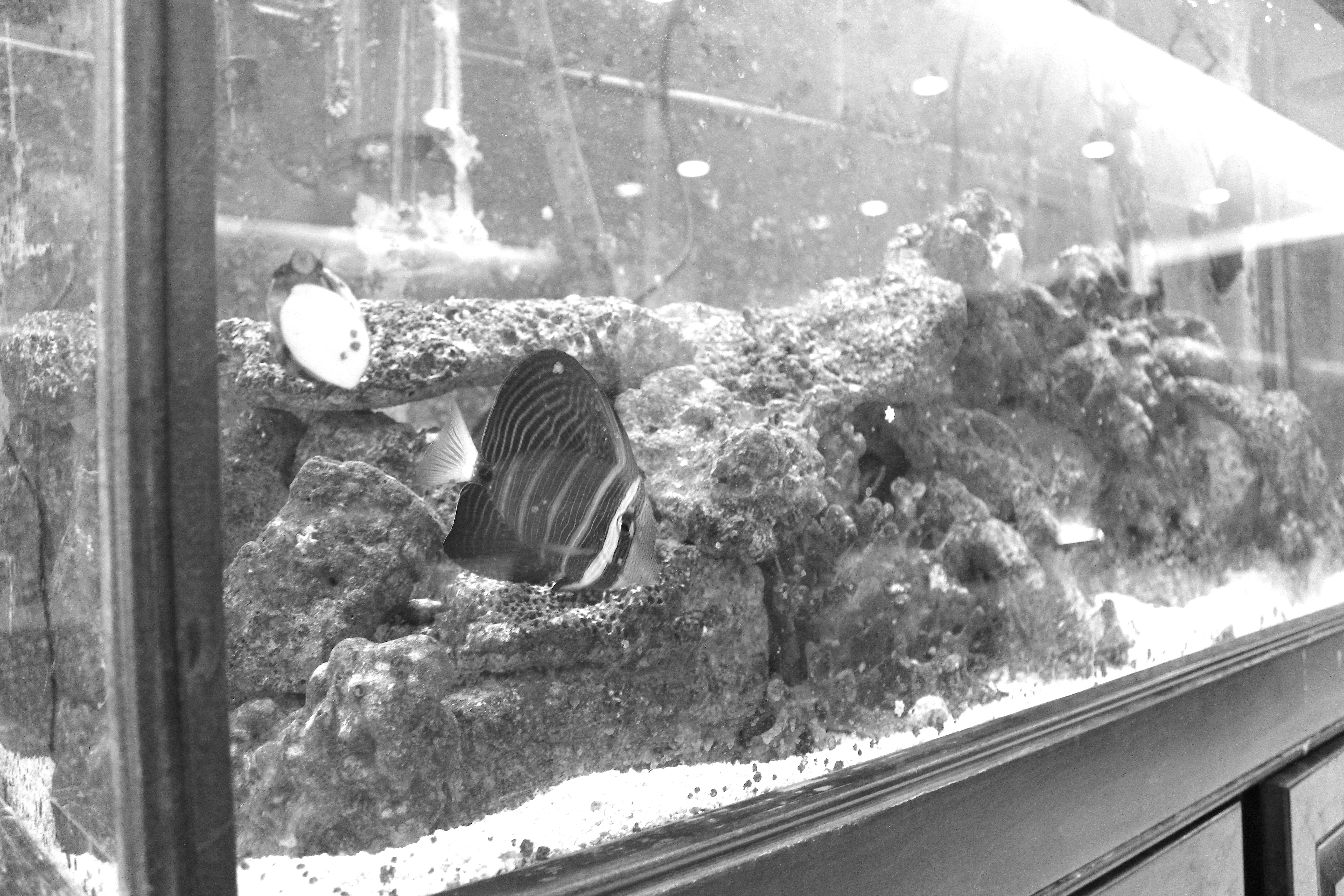

Photo Credit / Jamie Reese
By Chris Powers
SC Staff Writer
This semester, ESU’s Marine Science Club started a mentorship program with its fish tanks and biodiversity laboratories.
The main purpose of this program is to introduce young marine science majors to aquaculture and animal care on a larger scale than just having a dorm tank.
According to Carolyn Gildea, one of the mentors for the program, “I feel like the program is a great way to get new marine science majors interested in maintaining tanks.”
“It gives them hands-on experience with aquatic life,” she added.
Hands-on experience is a large part of the experience within East Stroudsburg’s marine science program.
Dr. James Hunt, advisor of the Marine Science Club and program, believes that a great deal of learning here needs to occur outside of a lecture hall.
According to Dr. Hunt, “Ultimately, one needs to take ownership of one’s education. Taking classes may be central to that education, but in order to gain the fullest experience in college, students need to engage outside of the classroom and learn from each other.”
Dr. Hunt also believes that it is important that this program is driven by student initiative, stating, “I think it is very important for older students to mentor younger students. It allows for continuity in the program.”
He added, “I also think it provides a sense of community, allows older students the chance to pass along what they’ve learned, and gives younger students a feeling of being a part of something bigger.”
Lukasz Niemoczynski, a senior at ESU and another one of the mentors working on the project, said, “It’s been a success so far. The students have learned the science behind the aquariums as well as gained some hands-on experience with maintenance.”
Niemoczynski’s students have been working on a variety of projects.
“Right now one of my students is starting a freshwater planted tank,” Niemoczynski said. “And another is researching to see if a mantis shrimp species tank will be a possibility.”
The mentors are not the only ones who feel like the mentoring program has been a positive experience.
Kyle Holiman, one of the students working under the program, stated, “The one-on-one time has been helpful in understanding and fully utilizing my knowledge gained from classes.”
Holiman also mentioned, “I wanted to get a great understanding on how aquaculture works on a smaller scale and I would say I have been rather successful so far.”
As the semester comes toward a close, many projects have begun and the initiative seems to have been a success.
Niemoczynski stated, “It seems as if the students involved will continue on with their projects and stay involved with the program over their enrollment at ESU.”
Dr. Hunt said, “The real test will be to see if it is sustained into the future. Will the students who were mentored find it a valuable enough experience to keep the program going? I hope so.”
Dr. Hunt added, “When students mentor and help programs grow and thrive, they are truly accepting ownership over their education. That is a powerful moment.”
Email Chris at:
cpowers@live.esu.edu

